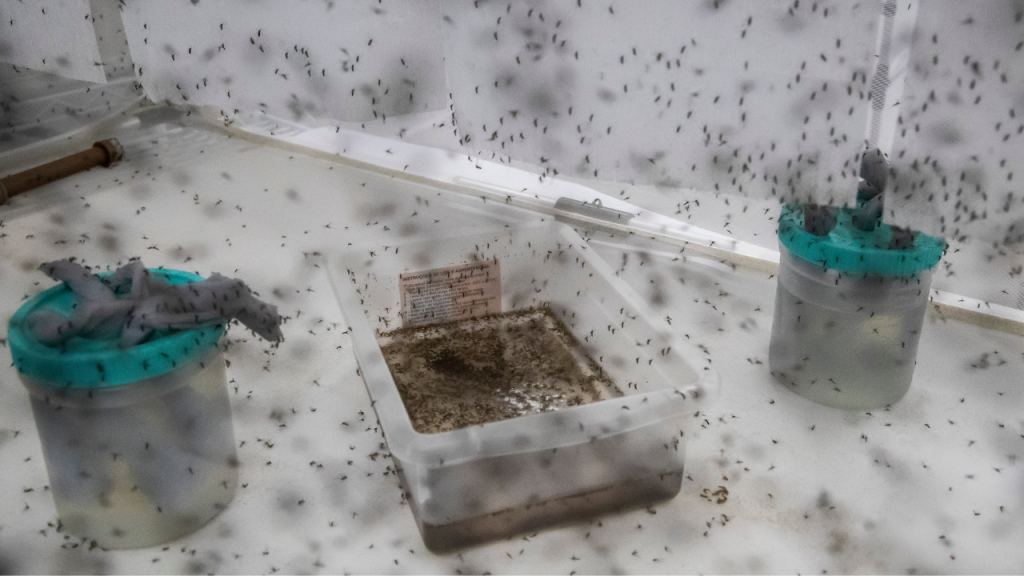The World Health Organization recently authorized the use of a second dengue vaccine, called Qdenga, in an effort to protect millions of people around the world from the mosquito-borne disease. The vaccine is recommended for children aged six to 16 who live in high-dengue regions and requires two doses. This approval enables donors and other U.N. agencies to purchase the vaccine for distribution in poorer countries, expanding global access to dengue vaccines.
Takeda’s dengue vaccine has been shown to be about 84% effective in preventing hospitalizations due to dengue and about 61% effective in reducing symptoms of the disease. This marks a significant step in the fight against dengue, which can lead to severe illness and death in countries across Latin America and Asia. Previously, the first vaccine approved by WHO, made by Sanofi Pasteur, was found to increase the risk of severe dengue in individuals who had not previously been infected with the disease.
Dengue is a severe and potentially fatal illness that has been spreading at an alarming rate in recent years. Last year, WHO reported a tenfold increase in cases of dengue over the past generation, with climate change and the expanding range of mosquitoes that carry the disease partially to blame for its rapid spread. In the Americas alone, there were 6.7 million suspected cases of dengue reported last year, representing a 206% increase compared to the previous year.
In response to the growing threat of dengue, authorities in regions such as Rio de Janeiro have declared public health emergencies over dengue epidemics, prompting the rollout of the Takeda vaccine to inoculate millions of people. While about 80% of dengue infections are mild, severe cases can result in internal bleeding, organ failure, and death. The approval of the Qdenga vaccine by WHO represents a critical step towards mitigating the impact of dengue and protecting vulnerable populations in high-risk regions from the disease.
WHO’s authorization of the second dengue vaccine emphasizes the importance of expanding global access to effective immunizations in the fight against infectious diseases. The approval of Takeda’s Qdenga vaccine paves the way for the procurement and distribution of the vaccine to regions with high rates of dengue. As efforts continue to combat the spread of dengue and other mosquito-borne illnesses, the availability of safe and effective vaccines plays a crucial role in protecting public health and preventing outbreaks on a global scale.













